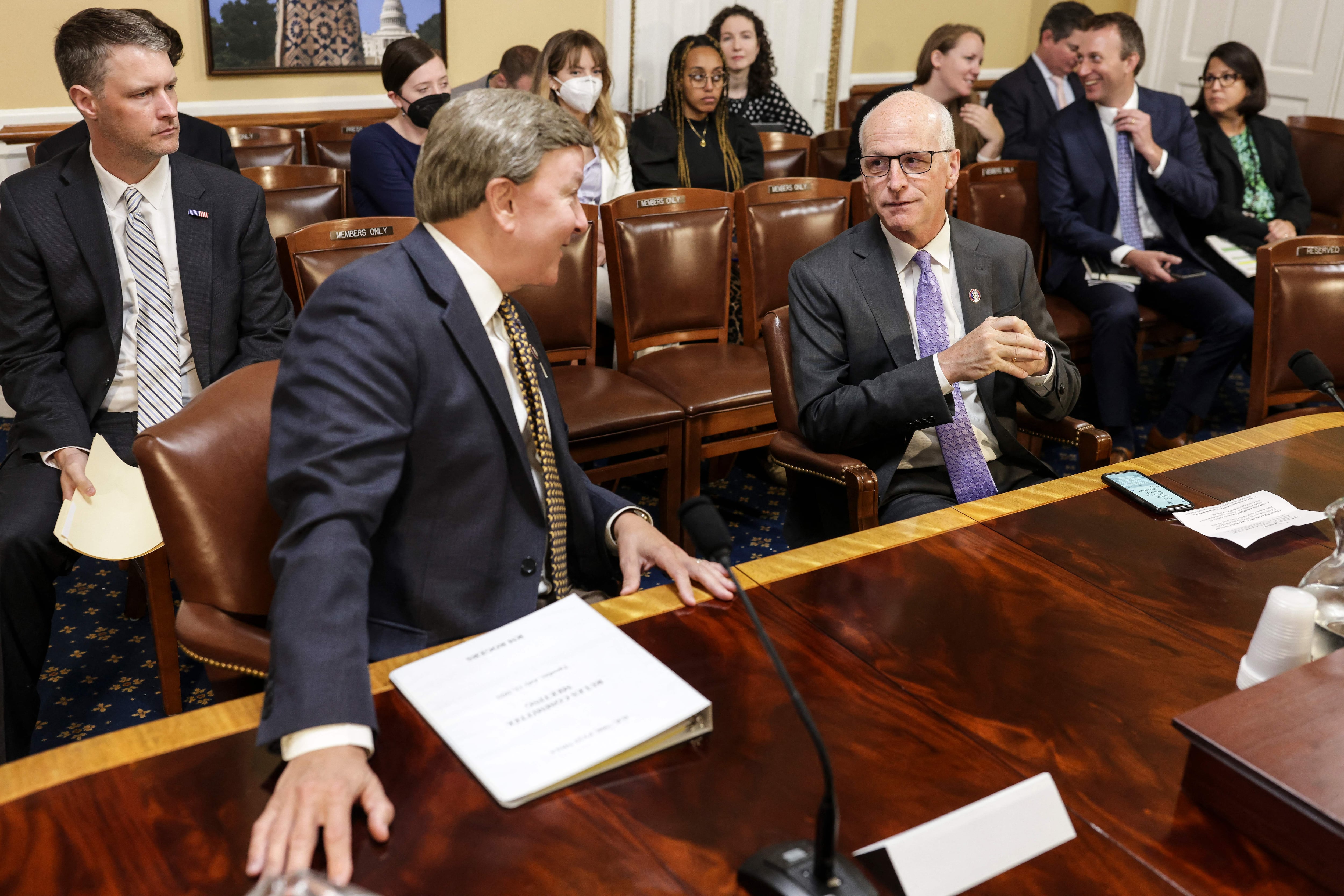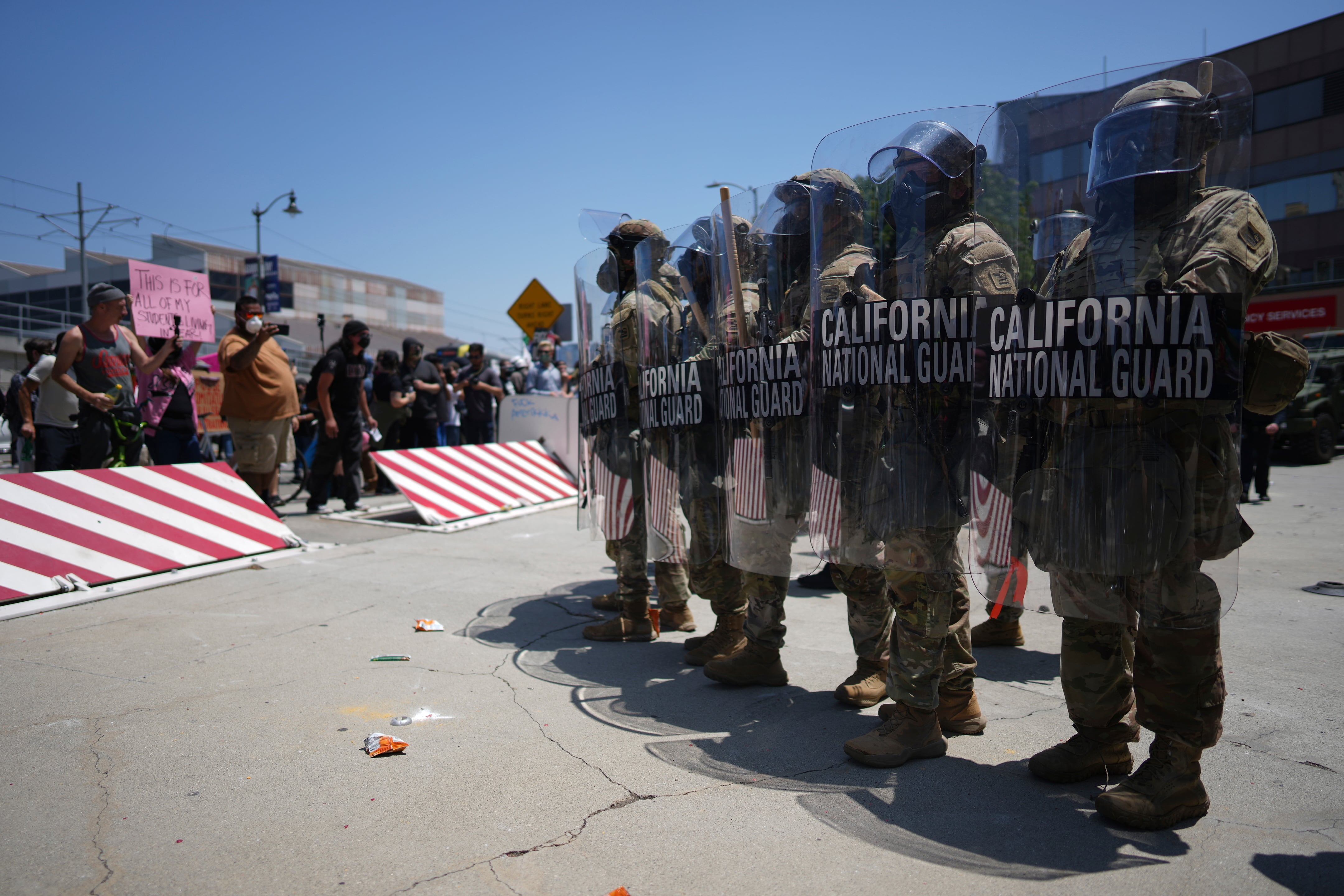WASHINGTON — Congress this month declared the Sinai Peninsula America’s newest war zone, at least for tax purposes.
Tucked into the Republican-passed tax reform measure signed into law just before Christmas is a 400-word clause granting combat zone tax exemption status to troops serving the volatile region of Egypt, a move that could have a dramatic impact on the finances of a few hundred servicemembers.
About 700 U.S. troops are currently stationed there as part of a 35-year-old peacekeeping mission. In recent months, troops in the area have assisted in operations against Islamic State group fighters, along with other regional security duties.
Two years ago, Defense Department officials designated the Sinai Peninsula as a qualified hazardous duty area, making troops stationed there eligible for imminent danger pay and hazardous duty living stipends.
But the region is not designated as a combat zone by the Pentagon. Lawmakers have pushed for further reclassification, arguing that troops there face significant danger.
Under tax law, troops serving in designated combat zones can exempt active-duty pay and other specialty pays from their annual income calculations. For troops who spend part of the year in places like Iraq and Afghanistan, that amounts to a significant drop in their tax bills, and can lead to large refunds.
Last spring, a group of lawmakers offered stand-alone legislation to force the Sinai Peninsula into the Pentagon’s list of combat zones, but the measure failed to move forward.
Instead, a modified version of the proposal made it into the massive tax code overhaul, stating the region “shall be treated in the same manner as if it were a combat zone” for tax purposes.
[Senators want Sinai Peninsula reclassified as a war zone]
The provision also backdates the special tax relief for the Egypt-assigned troops back to June 2015. That would cover troops who served in the region in recent years and incorrectly claimed combat-zone exemptions for the pay in past tax filings.
Like several other provisions of the overhaul bill, the special tax status for troops serving on the Sinai Peninsula expires at the end of 2025.
Leo covers Congress, Veterans Affairs and the White House for Military Times. He has covered Washington, D.C. since 2004, focusing on military personnel and veterans policies. His work has earned numerous honors, including a 2009 Polk award, a 2010 National Headliner Award, the IAVA Leadership in Journalism award and the VFW News Media award.










